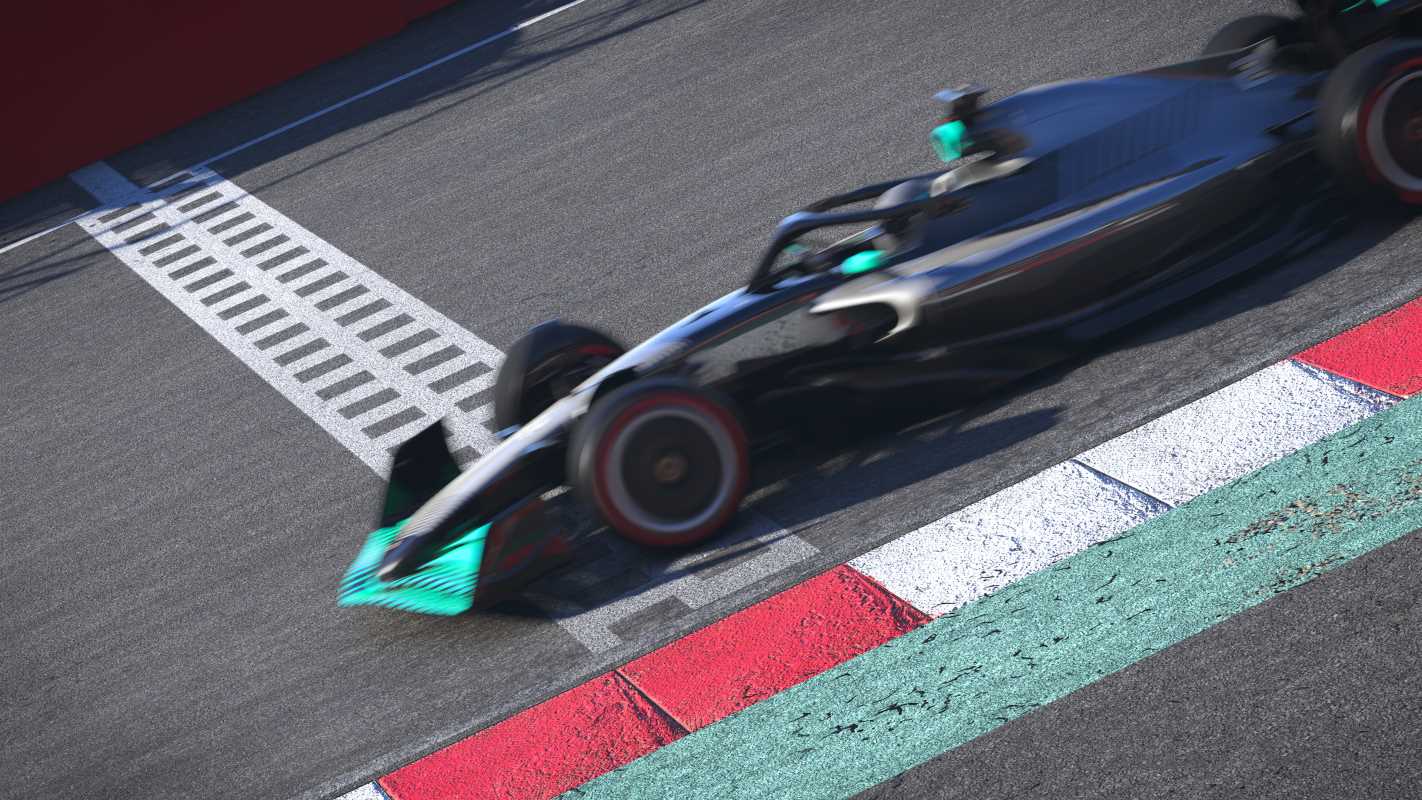The 2024 Copa América, hosted in the United States for the second time, cemented its place as one of the most memorable tournaments in football history. This edition brought together thrilling matches, iconic moments, and unparalleled talent, showcasing the intensity and passion the sport evokes. Six CONCACAF teams joined the ten CONMEBOL nations, creating a dynamic and competitive atmosphere. Reigning champions Argentina, featuring the legendary Lionel Messi, aimed to defend their crown, while nations like Colombia, Uruguay, and underdogs Venezuela delivered surprises and unforgettable performances. From the group stage to the dramatic finals, fans witnessed high stakes, emotional victories, and heart-wrenching defeats. With packed stadiums across 14 U.S. cities, the tournament was a celebration of football’s universal appeal and the boundless excitement it inspires.
Thrilling Group-Stage Battles
The group stage set the stage for high drama right from day one. Group A saw defending champions Argentina square off against Canada in the opening match at Atlanta’s Mercedes-Benz Stadium. While the first half ended scoreless, Julian Álvarez broke the deadlock shortly after the break, followed by a lethal Lautaro Martínez goal late in the game to secure a 2-0 victory for Argentina. The team’s dominance in possession and sharp finishing showed why they were the ones to beat.
Meanwhile, in Group B, Venezuela emerged as an underdog story in the making. Facing Ecuador in Santa Clara, they turned the tide after going a goal down and capitalized on their opponent's lack of discipline. Jhonder Cádiz and Eduard Bello’s late goals secured a 2-1 comeback victory and set Venezuela on a winning streak that pushed them into the quarterfinals.
Group C, often labeled the “group of death,” brought another standout clash. Uruguay routed Bolivia 5-0 in East Rutherford, New Jersey, delivering the tournament's most lopsided scoreline. Darwin Núñez and Federico Valverde dazzled, providing masterful finishes and cementing Uruguay’s status as a strong contender.
The United States, on home soil and backed by roaring crowds, faced heartbreak. With hopes of advancing to the knockout phase, the Americans fell 1-0 to Uruguay in Kansas City. Controversy clouded the match as Uruguay's decisive goal was upheld after a marginal offside review. Despite their efforts, including strong performances by players like Christian Pulisic, the USMNT couldn't surmount the challenge and exited the competition.
Nail-Biting Quarterfinal Showdowns
The knockout stage began with tension running high, and the quarterfinals exceeded expectations. One of the most gripping clashes took place between Argentina and Ecuador in Houston, Texas. Argentina struck first with a stunning header from Lisandro Martínez after an inch-perfect assist by Alexis Mac Allister. But Ecuador clawed back in stoppage time thanks to Kevin Rodríguez. Penalties followed, and Emiliano Martínez was the hero, saving two Ecuador attempts and ensuring Argentina’s 4-2 shootout victory.
Another dramatic showdown played out in Arlington, Texas, where Canada faced Venezuela. Jacob Shaffelburg opened the scoring for Canada early, and Salomón Rondón responded with an incredible 35-yard strike to level the match in the second half. A penalty shootout ensued, with Canadian goalkeeper Maxime Crépeau making the decisive save to send the tournament debutants to the semifinals.
Meanwhile, Uruguay eliminated Brazil in a thrilling penalty shootout in Paradise, Nevada. Ricardo Rochet was Uruguay’s man of the match, saving key penalties and leading his side to a 4-2 shootout win after a physical, scoreless 120 minutes. For Brazil, this marked a disappointing exit, as the 2019 champions failed to convert their dominance into goals.
Colombia delivered the quarterfinal's most emphatic victory, dispatching Panama 5-0 in Glendale, Arizona. Captain James Rodríguez orchestrated the win with a masterclass, scoring a penalty and assisting two other goals. Luis Díaz, Richard Ríos, and Miguel Borja also found the net, showcasing Colombia’s attacking depth.
Semifinal Drama
The semifinals brought blinding drama and high stakes. Argentina faced Canada in a rematch of their group-stage encounter, and the Albiceleste's brilliance was evident once again. Julián Álvarez opened the scoring in the first half with a clinical finish, while Lionel Messi sealed a 2-0 victory with his first goal of the tournament. Despite their defeat, Canada earned widespread respect for their grit and determination as first-time participants in the Copa América.
On the other side of the bracket, Colombia and Uruguay faced off in Charlotte, North Carolina. A lone goal from Jefferson Lerma, stemming from a powerful header, proved decisive. Colombia had to defend their lead with 10 men for the majority of the second half after Daniel Muñoz received a red card. Uruguay created numerous chances, but Colombia’s defense held firm. Tempers flared as the match ended, epitomizing the passion of this storied rivalry.
A Legendary Final
The final saw Argentina and Colombia clash at Miami's Hard Rock Stadium on July 14. The defending champions were looking to clinch their 16th Copa América title, while Colombia sought to end a decades-long wait for glory. From the outset, the match was a physical battle with both teams showing relentless energy.
For Argentina, Lautaro Martínez proved to be the difference once again. After a tight and tense 90 minutes, extra time was needed, and it was Martínez who found the net in the 112th minute. His clinical finish capped a brilliant individual tournament, where he emerged as the Golden Boot winner with five goals. The victory was marred slightly by Lionel Messi’s substitution after sustaining an injury, but the team’s emotion and unity carried them through.
Colombia’s James Rodríguez was awarded the Golden Ball as the tournament’s best player. The accolade was well-deserved, as James consistently delivered performances of the highest caliber, driving his team to their first finals appearance since 2001.
Standout Stars
The tournament had no shortage of standout players. Alongside Martínez and James, Uruguay’s Darwin Núñez shone with his tireless tenacity and goal-scoring prowess. Emiliano Martínez, Argentina’s keeper, deserves recognition for his decisive saves in the knockout stages, particularly during penalty shootouts. Venezuela’s Salomón Rondón was another revelation, scoring from improbable distances and keeping his nation’s campaign alive longer than many expected.
Canada’s glimpses of brilliance, particularly from Jonathan David and Alphonso Davies, provided hope for a brighter future in North American football. Their historic advancement to the semifinals will not be forgotten.
This year’s Copa América brought together some of the best talent from both CONMEBOL and CONCACAF. It celebrated resilience, highlighted the fierce competition of international football, and delivered moments that fans will remember for years.
For Argentina, the triumph solidified their dominance in world football and provided Messi with another feather in his cap, possibly his final Copa América appearance. For emerging teams like Canada and Venezuela, it was a platform to inspire a new generation of fans and players.
 (Image via
(Image via





